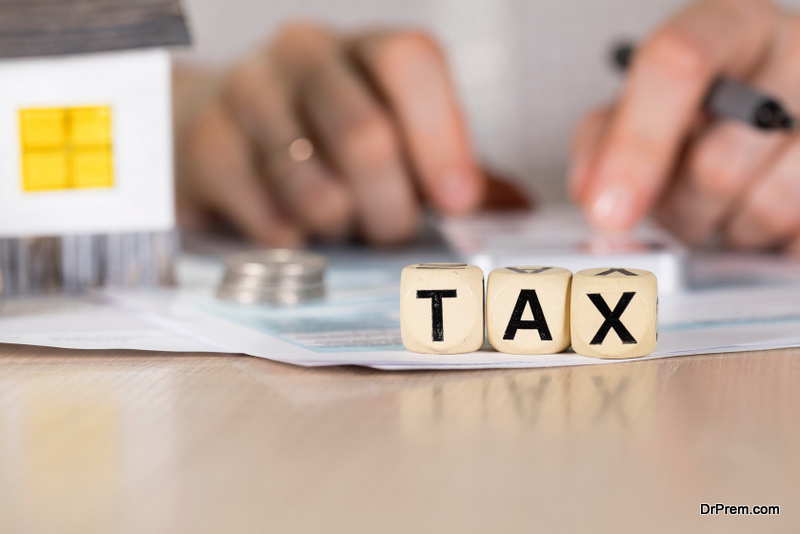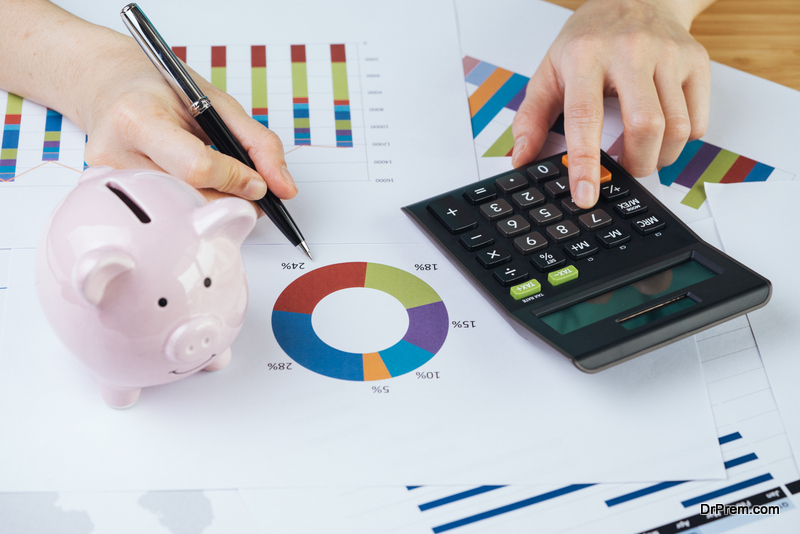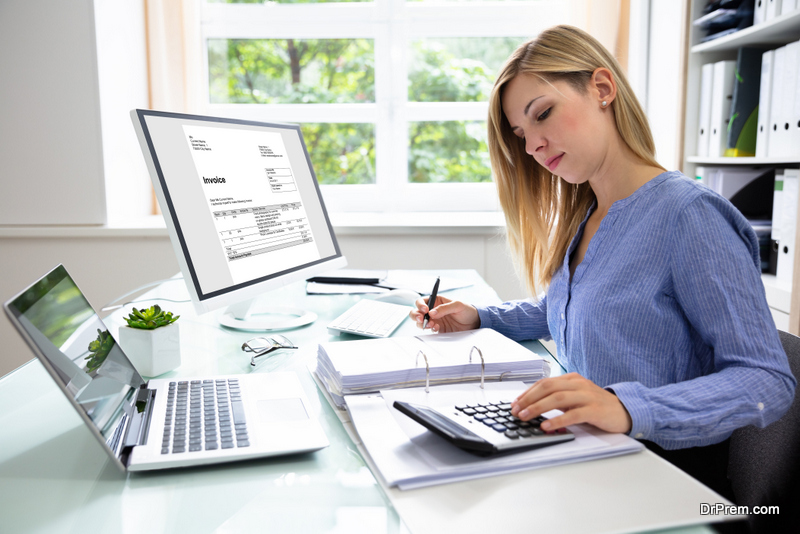Home Office
The IRS has a specific concept of what is considered to be a home office, and they look at it in two parts. Since both parts apply to the idea of a home office, you should have an understanding of each piece. First, you need to decide if your home is being used exclusively and regularly to fulfill your obligations as a business person. In other words, if you only occasionally or seasonally use your home for business purposes, it will not apply. Even if a specific incident happens where you sold a pint of the blueberry jam you make as a DIY “celebrity chef,” it won’t be a professional use of your home for business.
Preparing for Taxes
 We can prepare for our taxes during the entire year to help us during tax time. We can keep track of all the expenses we are going to count as a refund on our taxes. For example, much of our home office can be used as a tax refund, like how much space we use in our home as a dedicated office, whether we purchased office supplies, or took people out for a business meal? It is a good idea to keep track of whether you traveled by plane or car, and how many miles you drove to business meetings to another part of the city. You should know what the 2019 mileage rate was for your trips?
We can prepare for our taxes during the entire year to help us during tax time. We can keep track of all the expenses we are going to count as a refund on our taxes. For example, much of our home office can be used as a tax refund, like how much space we use in our home as a dedicated office, whether we purchased office supplies, or took people out for a business meal? It is a good idea to keep track of whether you traveled by plane or car, and how many miles you drove to business meetings to another part of the city. You should know what the 2019 mileage rate was for your trips?
Where You Undertake Business With Clients
Your principal place of business is that part of your home where you receive clients of your business—a designated area where you perform these activities. This area may not be a vast place, but the actual dimensions are one part of what the IRS will use to help designate your office space.
The IRS will ask how many square feet are used for your office space. If the place you meet with clients and do your business is outside your main home, but an attached smaller building where you meet with clients, then you should know the dimensions of this building and how much space of it you use for an office or for keeping inventory or storage of office equipment and furniture. In short, the IRS defines a home office as a place where you regularly meet clients of your trade and carry out your trades activities, but not in an incidental or seasonal manner.
If this definition fits the space you use for your home trade, whether it is in your home or another part of your home property in another building, this is what the IRS wants to know to establish your home business status and what expenses can be dedicated to your home business.
Office Supplies and Costs
 Did you spend anything for your supplies for your office like pens, pencils, paper, and did you keep the receipts? Did you keep records of all your expenses and the supplies you ordered? Did you regularly use a home phone for making business phone calls or did you have a dedicated line for all your business calls? How much inventory did you keep at home and is your inventory room also a part of your home office or a different place altogether?
Did you spend anything for your supplies for your office like pens, pencils, paper, and did you keep the receipts? Did you keep records of all your expenses and the supplies you ordered? Did you regularly use a home phone for making business phone calls or did you have a dedicated line for all your business calls? How much inventory did you keep at home and is your inventory room also a part of your home office or a different place altogether?
Rent and Office Upkeep
Did you during the year make any improvement to the business part of your home office and do you have the records of the contractor that built the upgrades? These kinds of expenses can be used for a tax deduction. You can also apply individual costs of maintenance of your whole home which your office is part of as a tax deduction like rent, insurance, support, and general repairs. You should keep records of all these expenses and when you made them. For example, if you live in a studio apartment rather than a home, there may be different tax advantages at the end of the year. The IRS is strict about what business activities we can deduct as business taxes for your office. If you have questions, you can call your tax advisor or the IRS.
Article Submitted By Community Writer




